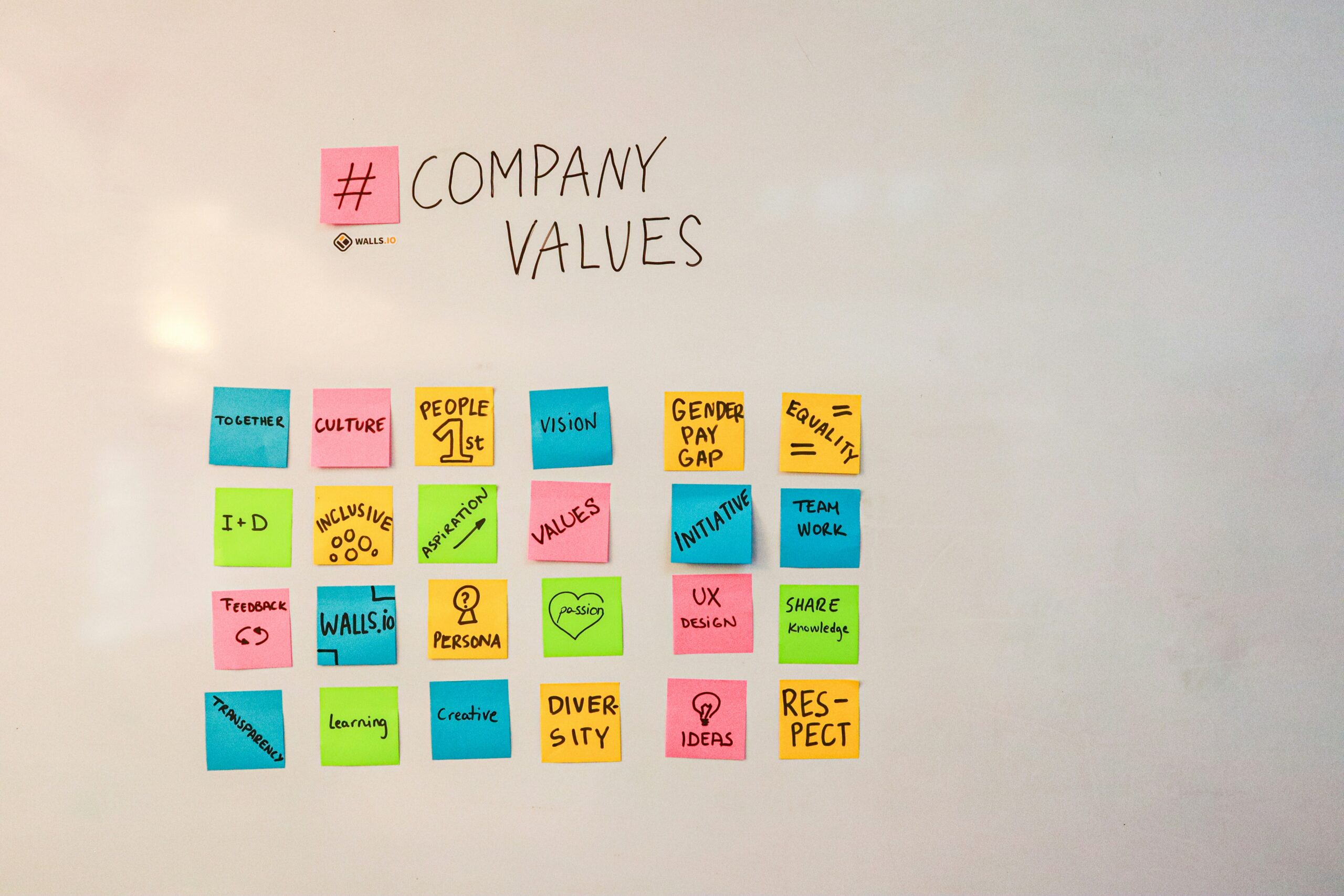In June, we ran a Linkedin poll on our Think Differently page with the aim to gather insights from professionals about the single most important factor influencing their decision when evaluating a new job opportunity. We asked our followers:
When you’re considering a new job, what’s the #1 factor in swaying your decision?
Participants were given four options to choose from:
- Salary/Compensation
- Career Growth Opportunities
- Work/Life Balance
- Company Culture
The majority (58%) of respondents selected work/life balance as their top priority, reflecting a strong shift in workplace values. This suggested that professionals are increasingly seeking roles that allow for flexibility, manageable workloads, and personal time outside of work.
21% selected Salary/Compensation, indicating it’s a very key element in their decision-making. This underscores the continued importance of fair and competitive pay, even as other factors gain prominence.
Tied with salary at 21%, Career Growth Opportunities for advancement and skill development were clearly important too. This indicated that many professionals value long-term potential and the ability to grow within a company as much as they value immediate financial rewards.
But, what surprised us most was that no respondents (0%) selected Company Culture as their top deciding factor.
This had us thinking, is company culture more important when it comes to employee retention rather than recruitment? We think so! Perhaps you don’t know a company culture until you live it. What’s outlined on a careers page or shared in an interview might not fully reflect the day-to-day reality.
In the Forbes article “How Your Company Culture Impacts Employee Retention,” Zachary Amos writes, “Many workers seek a deeper connection to their work overall. They want to know their contributions make a difference in helping their workplace achieve its mission. At the same time, they uphold specific values they hope their brands share.”
He explains that a company’s culture and values should take into consideration factors such as work-life balance (which was our top poll result), fair compensation, and professional development (again, scoring well) as well as Diversity, Equity and Inclusion (DEI), mental health, and sustainability policies. These policies demonstrate that the organisation values and respects its employees.
So, we can agree that company culture plays a critical role in employee retention because it directly affects how employees feel about their work, their colleagues, and their future within the organisation.
A strong, positive culture helps employees feel connected to the company and their team. When people feel accepted, valued, and included, they’re more likely to stay.
Culture shapes the day-to-day work environment. Let’s face it, you’re less likely to leave a supportive environment than a toxic one.
Cultures that prioritise employee development, feedback, and recognition motivate people to grow with the company. A lack of growth opportunities is one of the top reasons people leave jobs.
And importantly, cultures that support work-life balance help reduce burnout.
So, our LinkedIn poll revealed that while company culture may not be the top consideration when evaluating a new job, it plays a far more significant role in retaining employees over the long term. With work/life balance emerging as the leading factor in job decisions, it’s clear that employees are prioritising their well-being and personal time, but these priorities are deeply tied to the culture a company fosters.
Culture isn’t always visible from the outside. It’s something people experience once they’re inside the organisation. As Zachary Amos notes, company culture that supports values like balance, fair compensation, growth, inclusion, and mental health fosters genuine employee connection and satisfaction.
Ultimately, a strong, inclusive, and supportive culture is what keeps people engaged, motivated, and committed. While it might not always attract talent at first glance, it’s what convinces them to stay.




